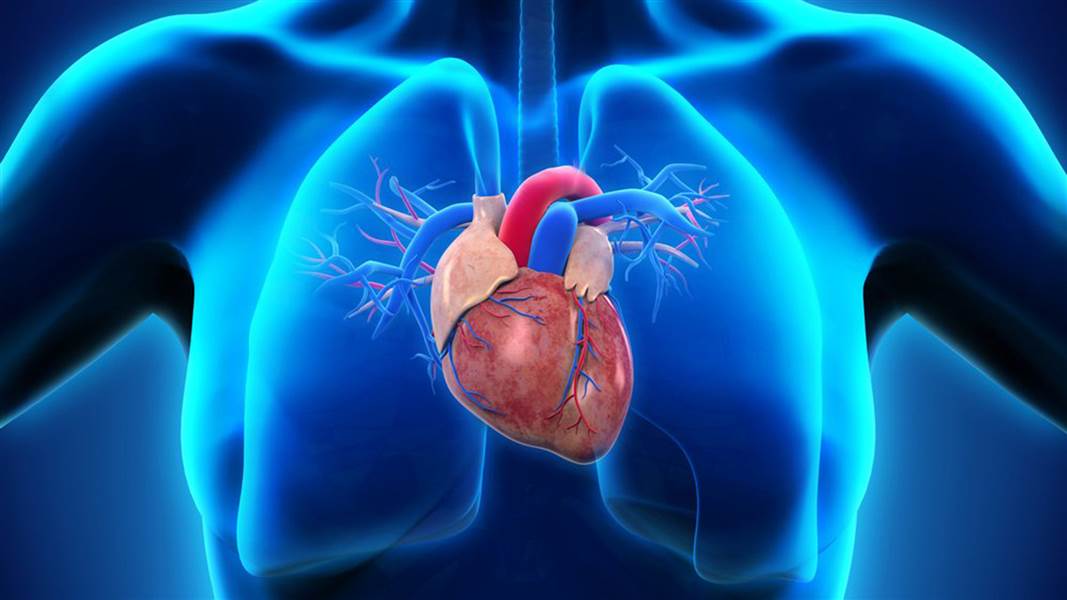Many people who come to a doctor's office with severe chest pain or, in more severe cases, a heart attack end up accepting that their days have been lately burdened with stress. Moreover, over time doctors have been tracking that there is a coincidence between events that generate stress in the population of a country and the increase of heart disease, as with football. After an earthquake or when a country's favorite team plays, for example, heart rate rates are usually higher.
To shed scientific light on these insights and analyze what emerges from the statistics, a group of Swedish scientists analyzed data from 156,690 patients who suffered a heart attack between January 2006 and December 2013.
The incidence of myocardial infarction is related to periods of psychosocial stress
The study, recently published in the American Heart Journal, was based on the hypothesis that, at the beginning of the month, at the beginning of the week and in the early hours of the day, people tend to have a higher level of stress; therefore, the rate of myocardial infarction should be higher.
At the beginning of the month, for example, people must pay bills; on Monday the calm of the weekend is left behind and, in the morning, is when the majority of people are being transported to their jobs, one of the biggest causes of stress.
"Modern life is challenging the circadian rhythm with its artificial light and an arbitrary sleep time, either because we must take turns at night at work, get up early in the mornings on Mondays or lie down late preparing to start the day. Some previous research suggests that even slight changes in societal time precede the increase in myocardial infarction rates, "the study says.
To prevent the analysis from being biased by other factors that may have an impact on myocardial infarction rates, the researchers also included data such as the ambient temperature of the moment when the patient suffered the infarct, air pollution and the time that the person entered the medical service.
With this information in hand, the scientists concluded the following: Monday is the day that more myocardial infarction occurs, while Saturday is the day when there are fewer cases.
As for the dates with the highest incidence of heart attacks, the 28th of each month had the highest rate, while 18 had the lowest rate. Finally, the month with major cases of heart attacks is December and the less is usually July.
Although the study makes it clear that psychosocial stress can not be said to be the direct cause of this pathology, it does believe that there is a relationship. "The observed variability of myocardial infarction at different time periods during the year may be systematically related to levels of psychosocial stress," the researchers concluded.
Fuente: buenavibra.es
